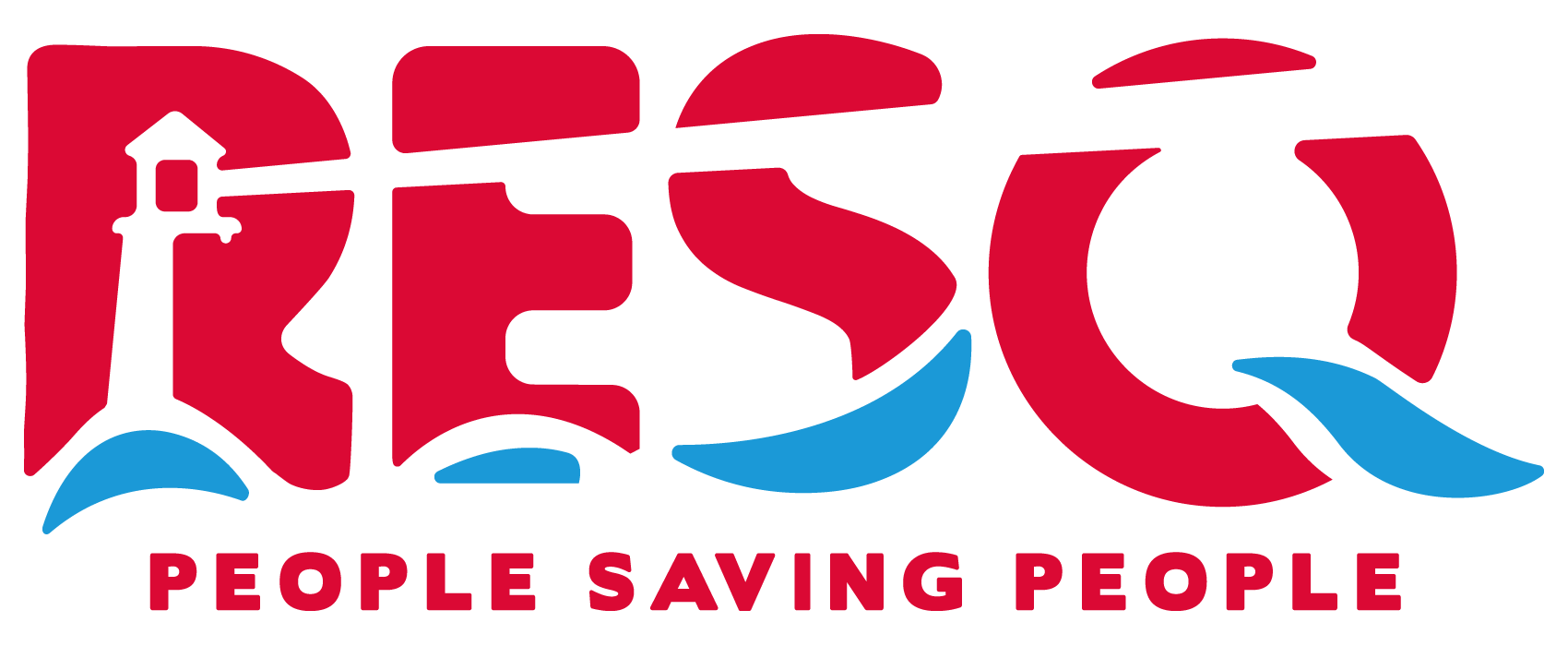
In school year 2022/2023, more than 6,300 students in Italy were reached by ResQ meetings (and over 9,000 with the previous year!): writing this leaves us almost incredulous. And yet it is so: thanks to our volunteers and the work of the Land Crews, we have brought the stories of those who cross the Mediterranean to a number of schools, holding dozens of meetings-two a week-not only in Milan and Lombardy, where the presence of ResQ volunteers is strongest, but also in Turin, Rome, Bologna… reaching as far as Elba Island. We have always been greeted by so much enthusiasm and a desire to understand, whether it was primary, middle or high school: here are a few stories.
Learning to see the nuances
Camilla Romanò is a cultural mediator. She participated in ResQ People’s first mission to the Central Mediterranean in 2021, and has participated in many ResQ meetings in high schools this year.
“I had gone on the ship because I wished I could be a witness, and that experience proved invaluable for the work we tackle with students.” The topic of migration, Camilla explains, is one that may “not come up.” When it happens, it is not because of a lack of sensitivity on the part of the interlocutor, but because the topic is not yet addressed enough in school, the tools to really understand it are lacking, or simply the right key needs to be found to connect with the children and their world. “When I tell the stories of their peers that I have met, when I give a name and a face to those who would otherwise remain just numbers, they often remain incredulous, stunned.”
Camilla recounts a particular encounter that took place at a vocational school, with a 16-year-old boy who was very skeptical of the idea of impartiality and neutrality of rescue. At the end of the meeting, he approached her and said, “Thank you, you helped me see things differently, I usually see everything black or white, but today I saw the nuances…I needed to reason.”
Waiting for the happy ending
Giampaola Galli is a volunteer with the Saronno Land rew, and this year she has met mostly junior high school girls and boys.
“They are always full of enthusiasm, responsive, proactive. They plunge into absolute silence during mission videos, give extreme attention to every detail and punctually make connections, ask for explanations and make their own reflections.”
Usually striking is the game of “I’m coming aboard because…,” “I’m saving you because…,” the boys easily relate to those at sea and write, “To give you back some of the luck I’ve had,” “Because it’s important to me and to you,” “Because you’re in danger,” “Because I try to put myself in your shoes.”
And perhaps precisely because they are able to identify with these stories, Giampaola tells of the silence and attention that is created at the moment of telling, the anticipation in their eyes for a positive ending, and the sadness that passes through them in having to realize, as in the case of little Alan Kurdi or Samia Yusuf Omar, that this happy ending often cannot be there.
